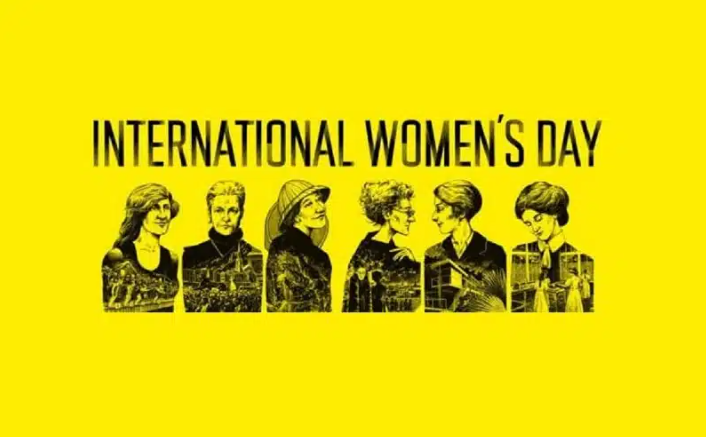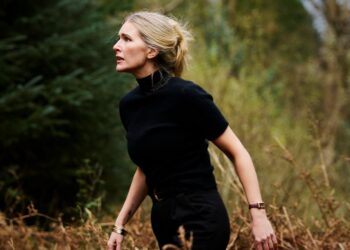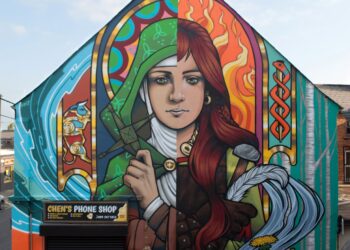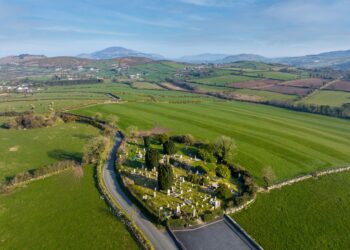There’s never been a better time to learn about the remarkable women who blazed a trail through Ireland for the sake of future generations
We know the names of great Irish men in history like Michael Collins, Charles Stewart Parnell, James Joyce and Daniel O’Connell but how many women can you name?
For International Women’s Day, discover the impact Irish women have had on the world with a specially curated tour of EPIC The Irish Emigration Museum.
In this tour, you will learn how Irish women overcame prejudice, stigma, laws, famine and more to go on to make a positive impact in the world. Hear the tales of trailblazers like Nellie Bly, pioneering investigative journalist; workers’ rights activist ‘Mother’ Mary Jones; Olympic gold medallist Sarah ‘Fanny’ Durack; WWII frontline hero Emma Duffin; ground-breaking scientist Dame Jocelyn Bell Burnell; and more.
Here’s a snippet of what to expect:
Margaret Cousins: Irish suffragist and Indian women’s rights campaigner
One day in January 1913, three Irish women activists came to Dublin Castle and smashed through window panes with stones and umbrellas. They were protesting against the exclusion of female voting rights from a Home Rule Bill that was going through the UK parliament. Dublin Castle was the seat of British power in Ireland, so the police were quick to arrive on the scene and arrest them. One of those window-breakers was a Roscommon woman called Margaret Cousins, who had co-founded the militant Irish Women’s Franchise League with Hanna Sheehy Skeffington.
Wilde by name, Wilde by nature: The story of Oscar’s niece Dolly
Dorothy Wilde was the only child of Oscar’s brother, Willie. Although Wilde was proud of the fact that several men had proposed marriage to her, she was exclusively interested in women. She had affairs with many well-known names, including Russian-American actress Alla Nazimova and The New Yorker’s Paris correspondent, Janet Flanner. She also attempted to seduce novelist and socialite Zelda Fitzgerald, which annoyed her husband Scott immensely. He even portrayed Wilde in an insulting light in his novel Tender Is the Night. But he cut the offending page before publication.
Kay McNulty: The Irish ‘mother of computer programming’
Kay’s passion for mathematics pre-dated her marriage to an eminent scientist in 1948, but social norms obliged her to continue her pioneering programming work unpaid, in the confines of the family home. While cooking and raising seven children, Kay continued, uncredited, to programme the new computers that her husband developed. Kay’s pioneering work was only acknowledged decades later. In 1997, the six ENIAC women were inducted into the Women in Technology International Hall of Fame, and in 1999, a computer science prize in Kay’s honour was established at Letterkenny IT.
The story of Irish astronomer Rose O’Halloran
O’Halloran never had the option to move beyond her amateur work and yet carved out a niche for herself writing popular articles on astronomy for local newspapers and publishing articles in the publications of the Astronomical Society of the Pacific and in Popular Astronomy. She published in the region of 54 articles between 1895 and 1910, and in that year made a trip to Auckland to conduct a year-long sky study. A 10 page guide was published in Popular Astronomy in 1913, but it was to be one of her last articles published there.
The special International Women’s Day ‘Rebels and Revolutionaries’ tour takes place on Sunday 10 March at 2pm at EPIC Museum. Book tickets here.








